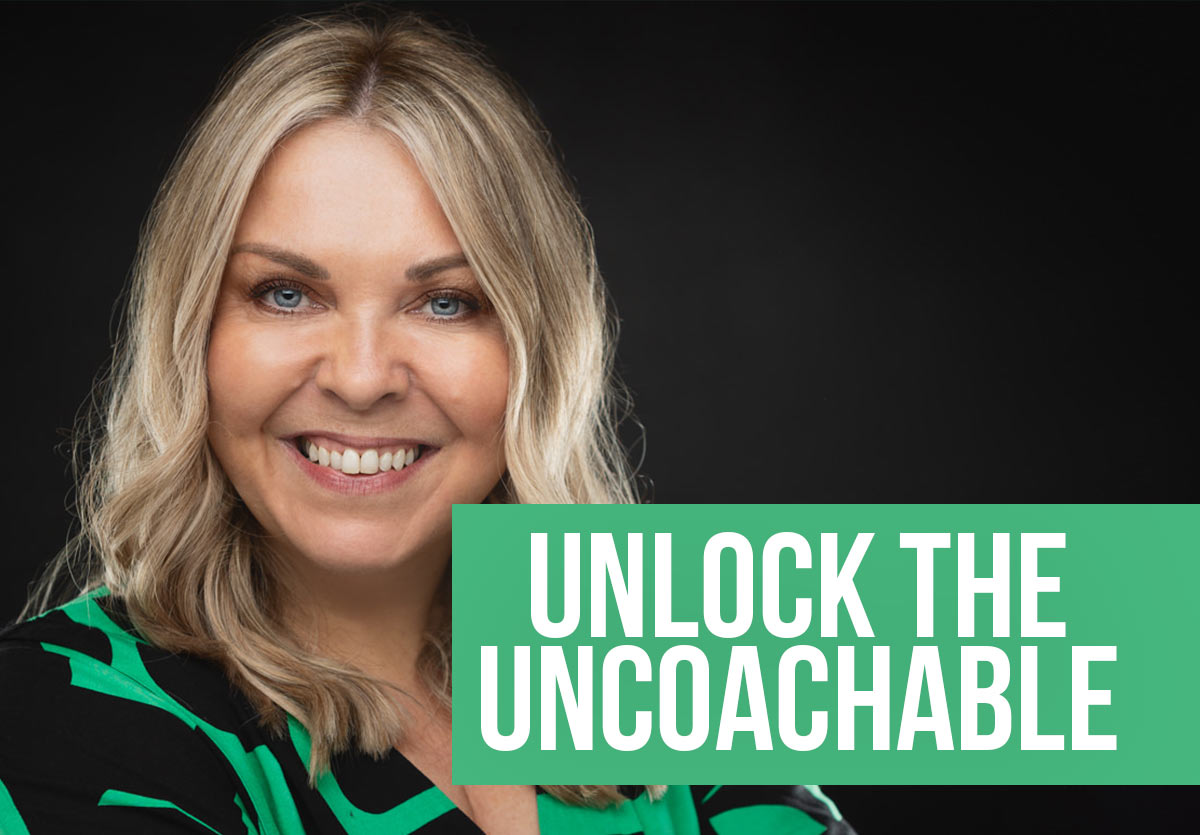At Paseda360, we believe that every coach has the power to create meaningful transformations in their clients’ lives. We teach coaches to do this through our coach training programmes. As a coach, it is essential to recognise that coaching is not always a smooth sailing journey.
Occasionally, we encounter clients who may seem resistant or uncoachable. It’s not an every day occurrence but it does crop up and it’s something coaches worry about.
In this article, we will explore effective strategies to help you navigate these challenges and unlock the potential within even the most difficult clients.
Before we delve into the solutions, it is crucial to acknowledge that the concept of uncoachable clients is multifaceted. It might stem from deeply rooted beliefs, past traumas, or fear of change. However, research shows that uncoachable clients can benefit from coaching just as much as others (Vogt, 2018).
As such, it is our responsibility as coaches to create an environment that fosters growth and empowers these individuals to embrace positive change.
- Build Rapport and Trust:
Establishing a strong and genuine rapport with your clients forms the foundation for any successful coaching relationship (Jarvela, 2020). Spend time listening actively, empathising, and understanding their concerns. Demonstrating sincere interest in their unique experiences will help them feel seen and valued. This trust and connection can motivate even the most resistant clients to open up and engage in the coaching process. - Uncover Resistance and Its Roots:
Dig deep to identify the underlying reasons for your clients’ resistance. This requires a combination of skillful questioning, laser sharp observation, and active listening. At Paseda360 we also teach you to use the client synopsis. Some clients might fear failure or change, while others could have experienced negative past coaching encounters. By uncovering these root causes, you can address their concerns directly and collaboratively. - Adapt Your Coaching Style:
Every client is different, and an uncoachable client might require a more tailored approach. Draw from your coaching toolbox and be versatile in your techniques. Adopt a coaching style that complements their personality and communication preferences. Sometimes this might mean being super directive in your style. Being adaptable demonstrates your commitment to their growth and builds trust. - Set Clear Expectations:
Sometimes, uncoachable clients might feel overwhelmed or uncertain about the coaching process. Set clear and realistic expectations from the beginning (Diestel, 2021). Discuss the coaching goals, the steps involved, and the potential challenges. Providing clarity will enable clients to feel more in control and invested in their own development. - Identify and Celebrate Small Wins:
Recognise and celebrate every step forward, regardless of how small it may seem. Acknowledging progress is a powerful motivator for clients, especially those who struggle with self-doubt (Grant & Green, 2022). Celebrating achievements will inspire clients to continue their efforts, creating a positive momentum towards change. - Emphasise Self-Reflection:
Encourage your clients to engage in regular self-reflection. Self-awareness is a cornerstone of personal growth and development (Sutton & Hubinette, 2018). Encourage them to explore their thoughts, feelings, and actions, helping them gain insight into their behaviors and patterns that may hinder their progress. - Reinforce Accountability:
For clients who find it challenging to stay on track, accountability can be a game-changer. Establish clear accountability measures and regularly review their progress. Encourage them to take ownership of their actions and decisions, fostering a sense of responsibility towards their goals. - Be Patient and Persistent:
Transformations take time, and coaching uncoachable clients is no exception. Be patient with the process, and stay persistent even when faced with setbacks. Your unwavering commitment will inspire your clients to persevere and continue striving for positive change.
In conclusion, as a coach, you hold the power to unlock the potential within every client, no matter how resistant they may seem. By building trust, adapting your coaching style, and providing clarity and support, you can foster a transformative coaching relationship.
Remember, it is essential to approach uncoachable clients with empathy and a non-judgmental mindset. Each client’s journey is unique, and your guidance can make a significant difference in their lives.
Embrace the challenges, employ these strategies, and witness the magic of coaching unfold before your eyes.


